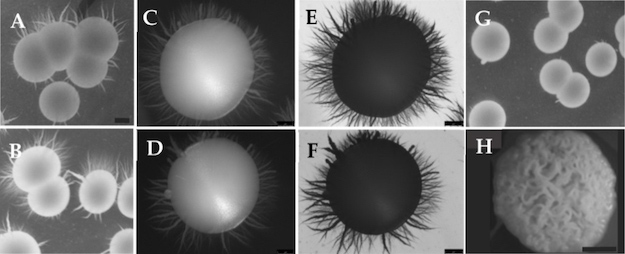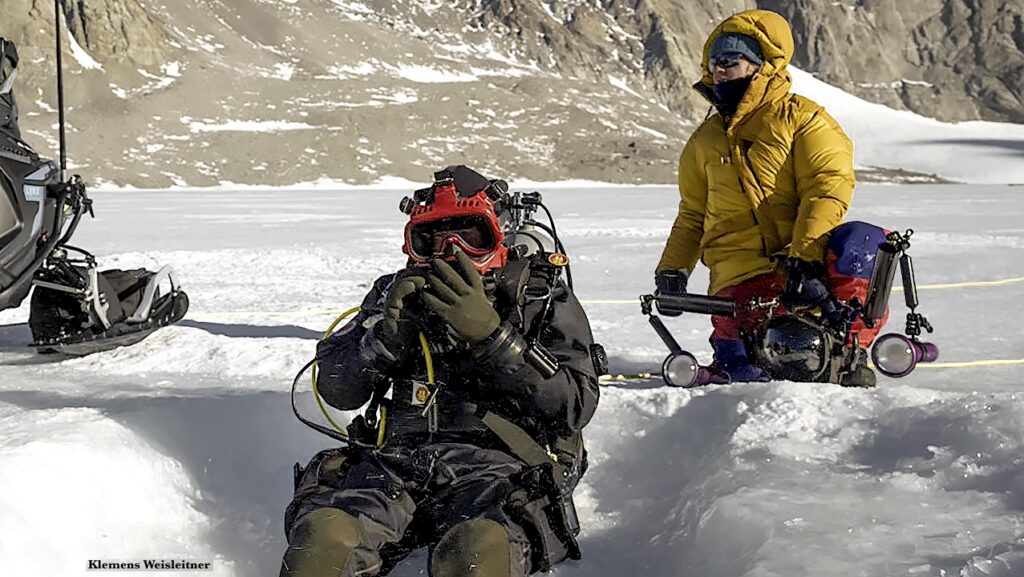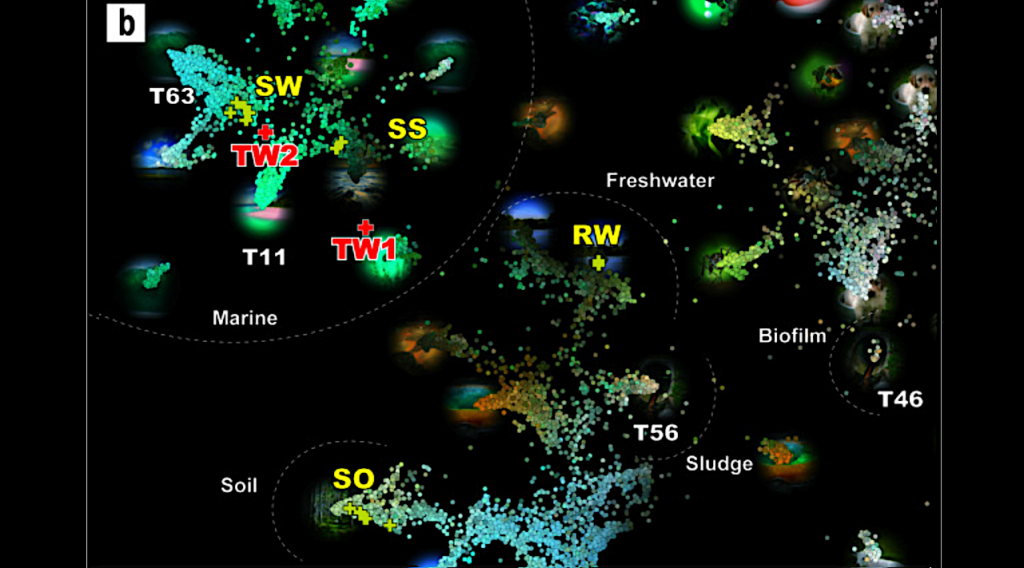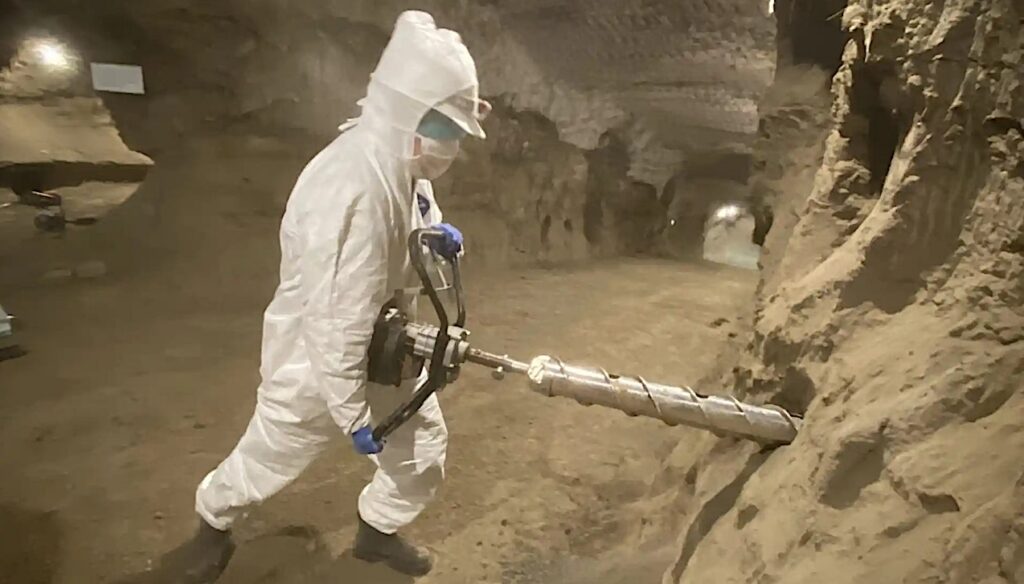Candida Albicans Cultures Grown On The ISS Are More Virulent In Space

The yeast C. albicans is a common opportunistic fungal pathogen responsible for a variety of superficial infections as well as systemic and more severe infections in humans.
Space Biology scientist Dr. Sheila Nielsen has recently published a paper, which analyzes biological reproducibility across two different spaceflight hardware platforms over two separate missions (Micro-6 and Micro-14). Findings from both of these studies indicate yeast cells cultivated in microgravity demonstrated a subset of characteristics associated with virulence. Yeast cultures also demonstrated an increased resistance when challenged during spaceflight with the antifungal agent, amphotericin B. Similar levels of resistance were not observed when challenged with the functionally disparate antifungal drug caspofungin.
Publication Impact: Astronauts continue to be plagued with yeast infections that have been difficult to treat in space. Not only are C. albicans surviving in the closed environment of a space habitat, they have been resistant to the usual treatment methods that have been effective on Earth. This research is identifying the underlying mechanisms that drive this opportunistic pathogen to become more virulent in space, as well as testing treatment methods that may be effective at protecting the astronauts from yeast infections.
Astrobiology








